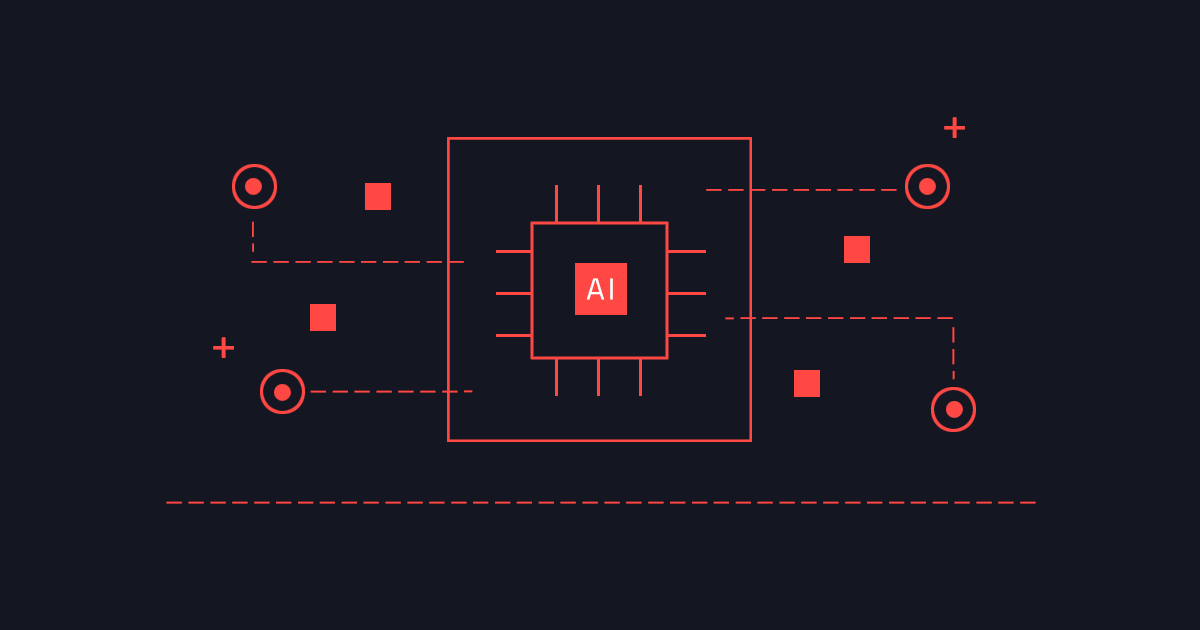40% of global employment is exposed to AI – IMF report
Read Time 3 mins | Written by: Cole

No one is sheltered from the storm of generative AI adoption, the race to AGI, and push for humanoid robots.
That’s why AI’s impact on the future of work was the focus of conversation at Davos in 2024.
AI's impact on the future of work
- 40% of global employment is exposed to AI
- 60% of jobs in advanced economies are at risk due to AI
- 75% of surveyed companies expect to adopt AI
- Employers expect 44% of workers’ skills will be disrupted within five years
- Six in 10 workers will require training before 2027 — while only half have access to adequate training opportunities
(Source: IMF report "Gen-AI: Artificial Intelligence and the Future of Work")
Let’s get into the details of the report.
IMF Report Executive Summary
Here’s the executive summary of “Gen-AI: Artificial Intelligence and the Future of Work” from the IMF.
Artificial intelligence (AI) will significantly transform the global economy, likened by some to a new industrial revolution. Its impact on economies and societies is unpredictable. This is particularly true in labor markets, where AI is expected to boost productivity but also poses a risk of replacing or augmenting human roles in certain jobs.
Nearly 40% of jobs worldwide are at risk from AI, with advanced economies facing higher exposure but also greater potential to leverage AI benefits compared to emerging and developing countries. In advanced economies, 60% of jobs are vulnerable due to the dominance of cognitive tasks. However, a new analysis suggests that AI could either harm or enhance half of these jobs, with potential for increased productivity through AI integration.
In emerging markets, the exposure drops to 40%, and further to 26% in low-income countries. Despite facing less immediate disruption from AI, these economies are less equipped to harness AI's advantages, potentially widening the digital and income inequality gap.
AI will impact income and wealth inequality, targeting high-wage jobs unlike past automation that hit middle-skilled workers hardest. The effect on income inequality hinges on whether AI replaces or aids high-income roles, with potential benefits positively linked to income levels. High complementarity with AI could lead to disproportionate income gains for wealthier workers, exacerbating income and wealth disparities. The outcome will be influenced by how countries manage AI property rights and implement redistributive policies, affecting the distribution of income and wealth.
Significant productivity gains from AI could lead to economic growth and higher incomes for many workers. AI adoption, by deepening capital and increasing productivity, is anticipated to raise overall income. If AI effectively complements human labor in specific jobs and the productivity improvements are substantial, this growth and increased labor demand might offset AI's displacement of certain tasks, resulting in income growth across a broad spectrum of the income distribution.
College-educated individuals are more adept at transitioning from jobs threatened by AI to those that AI enhances, while older workers face greater challenges in adapting to AI changes. In the UK and Brazil, for example, those with higher education have historically shifted more smoothly from high-risk to high-complementarity positions, unlike their less-educated peers who experience limited mobility. Younger, tech-savvy workers are also more equipped to seize new opportunities.
On the other hand, reemployment and adapting to new technologies pose significant hurdles for older workers. Effective AI utilization varies by a country's level of development. An AI preparedness index indicates that advanced and emerging economies should focus on AI innovation and regulatory frameworks to maximize AI benefits. Meanwhile, emerging and developing countries need to concentrate on infrastructure and digital skills development. Across all economies, ensuring social safety nets and retraining programs for workers vulnerable to AI is essential for inclusive growth.
Want more? Download the full IMF report here.
Want to hire AI experts to build your roadmap?
To keep up with the AI curve you need AI software experts working on your technology roadmap. Hiring internally could take 6-18 months but you need to start building AI solutions, not next year. That’s why Codingscape exists.
We can assemble a senior AI software engineering team for you in 4-6 weeks. It’ll be faster to get started, more cost-efficient than internal hiring, and we’ll deliver high-quality results quickly. We’ve been busy building AI capabilities for our partners and helping them accomplish their AI roadmaps in 2024.
Zappos, Twilio, and Veho are just a few companies that trust us to build their software and systems with a remote-first approach.
You can schedule a time to talk with us here. No hassle, no expectations, just answers.
Don't Miss
Another Update
new content is published

Cole
Cole is Codingscape's Content Marketing Strategist & Copywriter.
